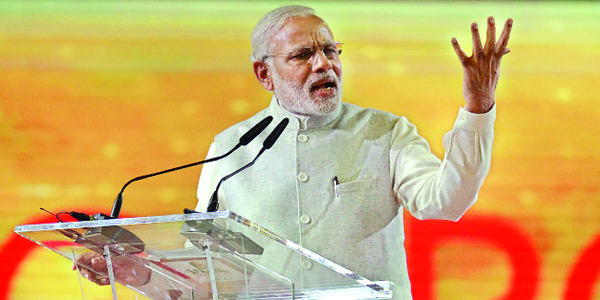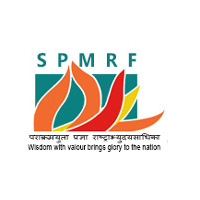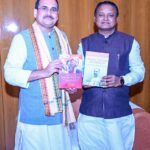Dynasty vs Development
- By : Anirban Ganguly
- Category : Articles

The current round of assembly elections campaign has clearly brought out the struggle between dynasty and development. Prime Minister Narendra Modi has emphasised and highlighted the work done to empower and mainstream the marginalised in the last four years that he has been at the helm. Driven by a clear vision of development and empowerment, working with precision and accountability on empowering the grassroots, ensuring last mile delivery, seeing to it that projects launched reach a logical end, Prime Minister Modi’s vision of governance has involved people, has emphasised on the need to alter mindsets and seen to it that the system performs.
From building infrastructure, to building houses, to freeing women from the deadly smoke trap, to working towards financial inclusion and empowerment of those who were left till now, to enhanced focus on the agricultural sector, to cleaning the financial system, to strengthening national security, the BJP led government at the centre has systematically focused on those sectors that are the drivers of national growth and empowerment. During the election campaign the BJP focused on these aspects of its achievements. Prime Minister Modi also reminded people of how the Congress had neglected these in the past and how it had mishandled the economic sector and how a number of issues and tangles that are now being sorted out are legacies of misgovernance of the past.
The struggle in the current round of elections, in fact the struggle for the narrative of India at present, is a struggle between the grassroots and the privileged. Prime Minister Modi represents the grassroots, while the Congress and its leadership represent the privileged, the privileged who do not want to give up any of their privilges while paying lip service to the vision of empowering the marginalised. On the one hand is the privilege of dynasty with no responsibility, no sense of accountability, with an overpowering sense of entitlement, with no issues to highlight, with the debilitating habit of mouthing platitudes on the one hand and falsehood on the other, and on the other side is the narrative of development, the discourse of a new India, an India that aspires to become a major power, in which the large majority of citizens have access to a better life and to an empowered life.
Should there be no debate on why and how past governments in India, especially those that were run by Congress dynasts omitted and neglected the marginalised or at best turned vast sections into dependent population. Instead of trying to answer and counter charges on issues and governance, the Congress leaders, with the tacit blessings of their dynast leader, indulged in a slug-fest that saw the Prime Minister being personally attacked. This in itself showed the lack of a credible alternate vision and the incapability of even trying to draw one up.
But in the long run it is the triumph of development over dynasty which will firmly establish the discourse of governance and accountability in the foundations of Indian polity. It is this which will increasingly distinguish between a performing leadership and a leadership that is dependent and is defined by a dynastic past, present and future.

















